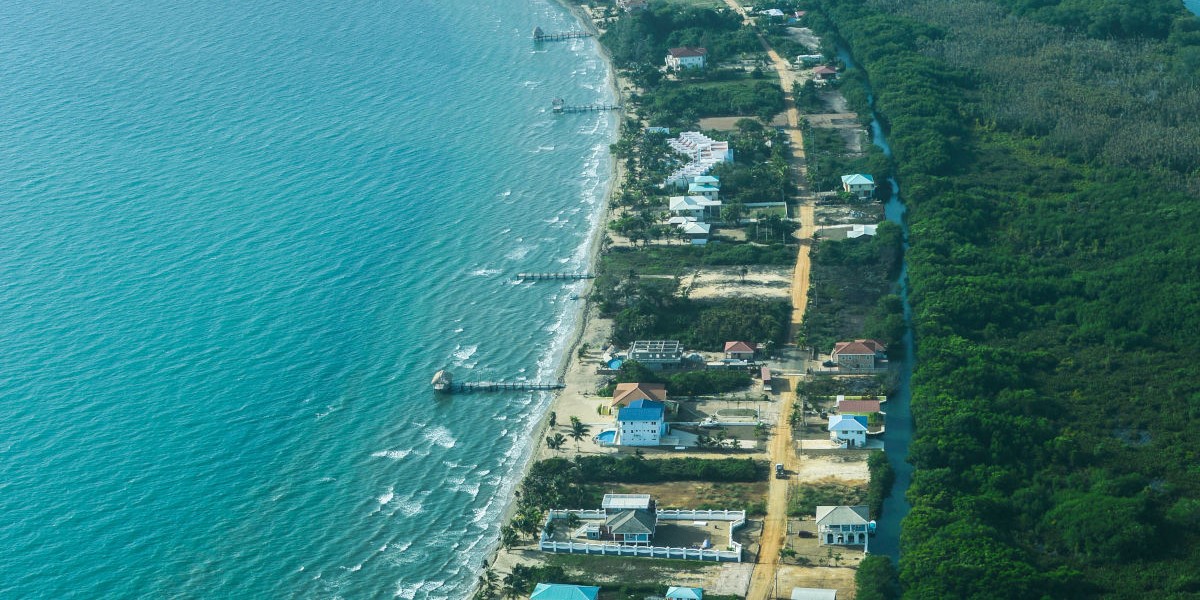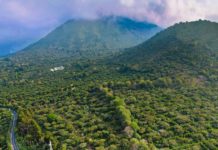
Belize, known for its luxury, sun, and beaches, is emerging as a leader in marine conservation and the blue economy. It stands out for pioneering initiatives such as the cultivation of indigenous red seaweed and the protection of critical habitats. These efforts not only protect and revitalise its aquatic ecosystems but also strengthen the local economy. This Central American country is a paradise for visitors and a model of environmental sustainability.
Among the different initiatives are the efforts of small-scale producers and associations such as the Belize Women Seaweed Farmers Association (BWSFA) and the Placencia Cooperative. These groups are cultivating indigenous red seaweed for more than four decades, preserving the environment and strengthening the local economy through sustainable mariculture practices.
Another outstanding example is the Fishermen & Ecotourism Alliance (FETA), formed in Turneffe Atoll. This organisation focuses on protecting critical habitats, supporting local fishers and ecotourism operators, and promoting the sustainability and environmental protection of the atoll, an essential diving and snorkelling destination.
Belize is known by its educational and community-based approach to conservation, with BWSFA leading the way in teaching restorative aquaculture techniques, which benefit both nature and local communities. In addition, the association works to revitalise fisheries and enhance tourism, creating sustainable economic value for the region’s inhabitants.
Aside from its marine efforts, Belize offers a wealth of unique community-based tourism experiences. From the chocolate tour to visits to the Mayan King’s Waterfall and Mayan archaeological sites, Belize promises to captivate and thrill. With over six hundred bird species and the presence of the Belizean jaguar, one of the three largest jaguars on the planet, Belize asserts itself as a regional leader in ecotourism and environmental conservation, offering experiences that are both unique and unforgettable.






